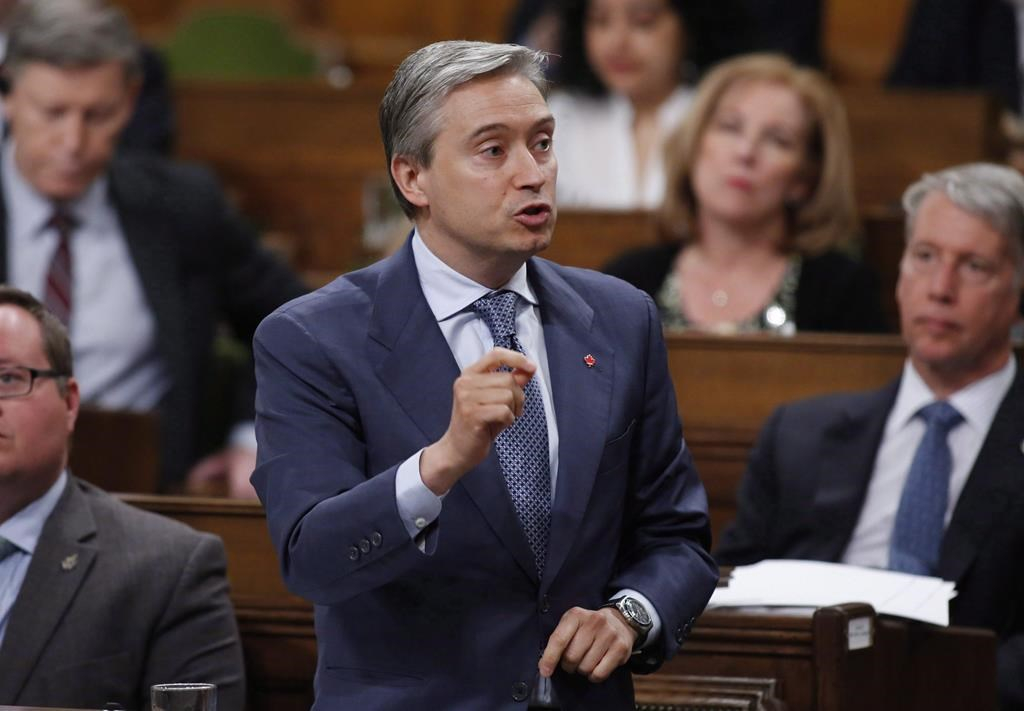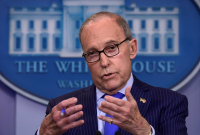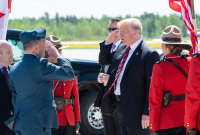Support strong Canadian climate journalism for 2025
Add Italy to growing list of trade headaches facing Canada.
Italy's Agriculture Minister Gian Marco Centinaio is reported as saying Italy won't ratify the Canada-European Union free trade accord and that he's heard doubts about it from many of his European colleagues.
The development adds to Canada's significant trade challenges — which already include deep uncertainty surrounding the future of the North American Free Trade Agreement and hefty steel and aluminium tariffs imposed recently by the United States.
Foreign Affairs Minister Chrystia Freeland, in Washington to try to jump start stalled NAFTA negotiations, says she's confident Italy will eventually sign on to the Comprehensive Economic Trade Agreement, or CETA.
A spokesman for Francois-Philippe Champagne says the international trade minister visited Italy a few days ago to sell the merits of CETA to Italy's populist government, which took power on June 1.
Following an hour-long meeting with U.S. trade czar Robert Lighthizer, Freeland says Canada, Mexico and the U.S. will continue negotiating NAFTA through the summer.
"We didn't set specific dates today," she said Thursday. "We did very much, though, agree ... that NAFTA talks continue and that we're going to make a real push over the summer."
Freeland is one of several federal cabinet ministers that have been reaching out to their American counterparts this week in an effort to advance NAFTA talks and to persuade the Trump administration to back down from the tariffs.
Prime Minister Justin Trudeau has called the tariffs "insulting" because they are based on the premise Canada poses a national security risk to the U.S. — which earned him an unprecedented personal attack from President Donald Trump and his emissaries after last weekend's G7 summit in Quebec.
On the reports about Italy's possible rejection of CETA, Freeland noted that Austria was initially reluctant to ratify CETA, but eventually came around. And she predicted Italy will do the same.
"I'm confident we will have full ratification at the end," she said.
Champagne made a case to Italy about the deal's benefits, his spokesman Pierre-Oliver Herbert wrote in an email Thursday.
CETA was settled in 2016 after more than seven years of talks — but all 28 member nations of the European Union must now vote on it independently.
Herbert said 98 per cent of CETA went into effect across the E.U. last September. The Trudeau government refers to it as the "most progressive" deal ever negotiated.
"The minister was in Italy just a few days ago where he conveyed the benefits to the new government and together with those 12 nations who have already taken the step to ratify domestically," Herbert said.
"We want every worker to know this is a deal that puts them first."




Comments